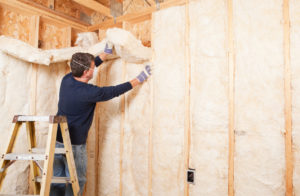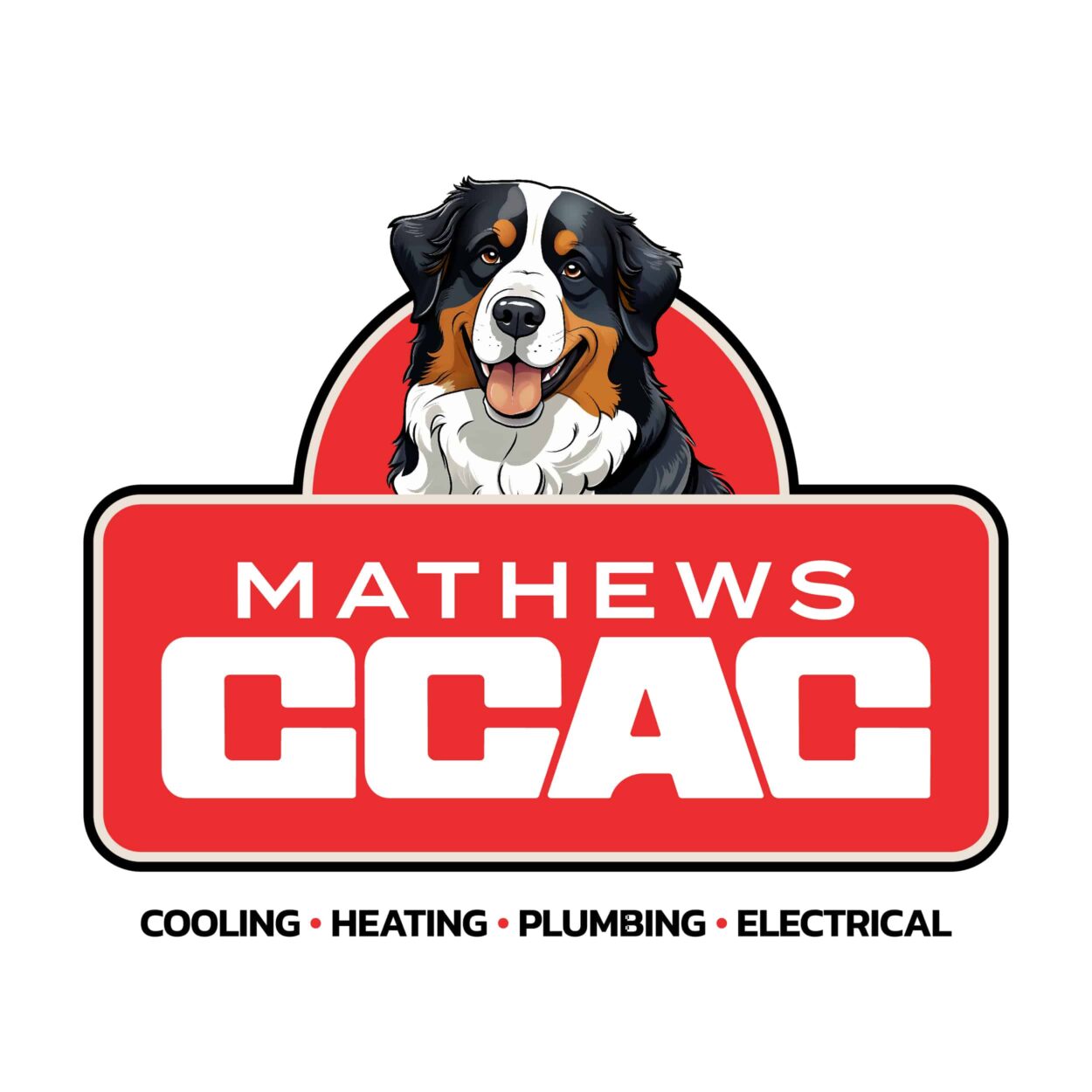 Nothing affects HVAC efficiency more than the quality of insulation in your home. Insulation slows the transfer of heat from one place to another. If heat didn’t move from hot to cold as readily as it does, insulation wouldn’t be as important as it is in keeping energy bills low.
Nothing affects HVAC efficiency more than the quality of insulation in your home. Insulation slows the transfer of heat from one place to another. If heat didn’t move from hot to cold as readily as it does, insulation wouldn’t be as important as it is in keeping energy bills low.
Although the insulation level in the attic needs to be substantially greater than what’s in the walls, it’s all important. The U.S. Department of Energy suggests that people have 26 inches of fiberglass batt or loose insulation to prevent heat transfer in the attic.
The “R-” stands for resistance and the number that follows it indicates how many hours the insulation product retards the movement of heat. Each inch of fiberglass or cellulose insulation provides about three hours of thermal protection.
Basic Levels
Wall insulation levels vary depending on how the building was constructed. Homes with 2 x 6 framing can accommodate R-30 in the walls while those with 2 x 4 framing can accommodate R-13 insulation. If the budget allows, rigid and sprayed-on foam insulation products provide much better protection.
The last place where insulation plays a major role in HVAC efficiency is in the ductwork. If it runs through uninsulated places in your home, it should be wrapped in insulation. HVAC pros use fiberglass insulating blankets to wrap the ductwork. They prevent the cooled air from warming in the summer or the hot air in the winter from cooling as it passes from the blower compartment to your rooms.
Adding More
The best place to start adding more insulation is in the attic. Do-it-yourselfers often feel comfortable adding their own but it is normally an affordable project a contractor can complete. Adding wall insulation can be more difficult since it involves drilling holes and blowing loose or foam insulation into the cavities. Your HVAC technician can wrap the ductwork after inspecting it and sealing all the air leaks.
Besides routine maintenance, nothing tops HVAC efficiency more than adequate insulation. To learn more about improving yours, contact CCAC, providing HVAC services for Coastal Bend homeowners.
Our goal is to help educate our customers in Corpus Christi, Texas about energy and home comfort issues (specific to HVAC systems). For more information about your HVAC system, download our free Home Comfort Guide or call us at 361-678-2495.












